Introduction
Let’s be honest, everybody wants to stay young, but what if the secret to a more youthful appearance was already inside you? Well, it just might be. We’re talking about the trillions of tiny organisms in your gut, collectively known as your microbiome. It turns out, these little guys have a pretty big say in everything from your digestion to your mood, and yes, even how you age. This is all thanks to the gut-skin axis, a fascinating communication highway between your gut and your skin. So, could the best probiotics for anti-aging be the key to unlocking a more radiant, youthful you? Let’s find out.
Effectiveness of Probiotics for Anti-Aging
When it comes to turning back the clock, or at least slowing it down, probiotics are showing some promise. But how exactly do they work?
Mechanism of Action
It all comes down to balance. When the bad bacteria in your gut outnumber the good, it can lead to a state of dysbiosis, which can trigger inflammation and oxidative stress—two of the main culprits behind aging. Here’s how probiotics step in to save the day:
- Reducing Inflammation: Chronic inflammation is a major driver of aging, contributing to everything from wrinkles to age-related diseases. Probiotics help to calm this inflammation by restoring balance to the gut microbiome.
- Fighting Oxidative Stress: Oxidative stress, caused by free radicals from things like UV radiation and pollution, damages your skin cells and accelerates aging. Many probiotic strains have antioxidant properties that help to neutralize these free radicals.
- Strengthening the Skin Barrier: A healthy skin barrier is crucial for keeping moisture in and irritants out. Probiotics have been shown to enhance the skin’s natural barrier function, leading to more hydrated, resilient skin.
- Boosting Collagen Production: Some studies suggest that certain probiotics can stimulate the production of collagen, the protein that gives your skin its firmness and elasticity.
Clinical Research Results
The science backing the anti-aging benefits of probiotics is growing. A recent pilot study, for instance, found that a combination of three probiotic strains (Bifidobacterium animalis, Lactobacillus reuteri, and Lactobacillus plantarum) along with vitamin D actually reversed biological age by over 10 years! Participants also saw improvements in their immune function.
Other studies have shown that specific probiotic strains can:
- Improve skin hydration and elasticity
- Reduce the appearance of fine lines and wrinkles
- Protect against UV damage
- Alleviate symptoms of skin conditions like eczema and rosacea
Dosing
When it comes to probiotics, more isn’t always better. The effectiveness of a probiotic is measured in Colony Forming Units (CFUs), which is the number of viable cells in a dose. Most supplements contain between 1 to 10 billion CFUs, but some can have 50 billion or more. The right dose for you will depend on the specific strains and your individual needs. It’s always best to start with a lower dose and gradually increase it to see how your body responds.
Comparable Efficacy to Other Similar Treatments
So, how do probiotics stack up against other anti-aging treatments? While probiotics may not provide dramatic overnight results, they work from the inside out to address the root causes of aging. Think of them as a long-term investment in your skin’s health. For the best results, consider a holistic approach that combines a quality probiotic supplement with a targeted skincare routine.
Safety of Probiotics
For most people, probiotics are a safe and effective way to support their overall health. However, there are a few things to keep in mind.
Adverse Effects
The most common side effects of probiotics are mild and temporary. They may include:
- Gas
- Bloating
- Upset stomach
- Changes in bowel movements
These symptoms usually subside within a few days as your body gets used to the new bacteria.
Drug Interactions
If you’re taking antibiotics, it’s best to take your probiotic at least a few hours apart from your medication, as antibiotics can kill off the good bacteria in your supplement. Probiotics may also interact with antifungal medications. As always, it’s a good idea to talk to your doctor before starting any new supplement, especially if you’re taking other medications.
Precautions
While probiotics are generally safe, there are a few exceptions. If you have a compromised immune system, a serious illness, or are recovering from surgery, you should consult with your healthcare provider before taking probiotics.
Frequently Asked Questions (FAQs)
1. What are the best probiotic strains for anti-aging? Some of the most promising strains for anti-aging include Bifidobacterium bifidum, Bifidobacterium longum, Lactobacillus acidophilus, and Lactobacillus plantarum.
2. How long does it take to see results from probiotics? It can take a few weeks to a few months to see noticeable improvements. Consistency is key!
3. Can I get enough probiotics from food? While fermented foods like yogurt, kefir, and kimchi are great sources of probiotics, it can be difficult to get a therapeutic dose from food alone. A high-quality supplement can help to fill in the gaps.
4. Are there any topical probiotics for skin? Yes! Probiotic skincare is a growing trend. These products are designed to support the skin’s microbiome from the outside in. They work perfectly with probiotic supplements.
Conclusion
So, what’s the verdict? Do probiotics give you an edge in eternal youth? Well, not exactly. But the evidence is pretty clear that the best probiotics for anti-aging can play a significant role in supporting healthy aging and giving you a more radiant, youthful glow. By working to balance your gut microbiome, reduce inflammation, and fight oxidative stress, probiotics offer a holistic, inside-out approach. So, if you’re looking to give your anti-aging routine a boost, a quality probiotic supplement might just be the missing piece of the puzzle.
References
- Félix J, Baca A, Taboada L, Álvarez-Calatayud G, De la Fuente M. Consumption of a Probiotic Blend with Vitamin D Improves Immunity, Redox, and Inflammatory State, Decreasing the Rate of Aging—A Pilot Study. Biomolecules. 2024; 14(11):1360. https://doi.org/10.3390/biom14111360
- Gao T, Wang X, Li Y, Ren F. The Role of Probiotics in Skin Health and Related Gut-Skin Axis: A Review. Nutrients. 2023 Jul 13;15(14):3123. doi: 10.3390/nu15143123. PMID: 37513540; PMCID: PMC10385652.
- Ong JS, Lew LC, Hor YY, Liong MT. Probiotics: The Next Dietary Strategy against Brain Aging. Prev Nutr Food Sci. 2022 Mar 31;27(1):1-13. doi: 10.3746/pnf.2022.27.1.1. PMID: 35465109; PMCID: PMC9007707.
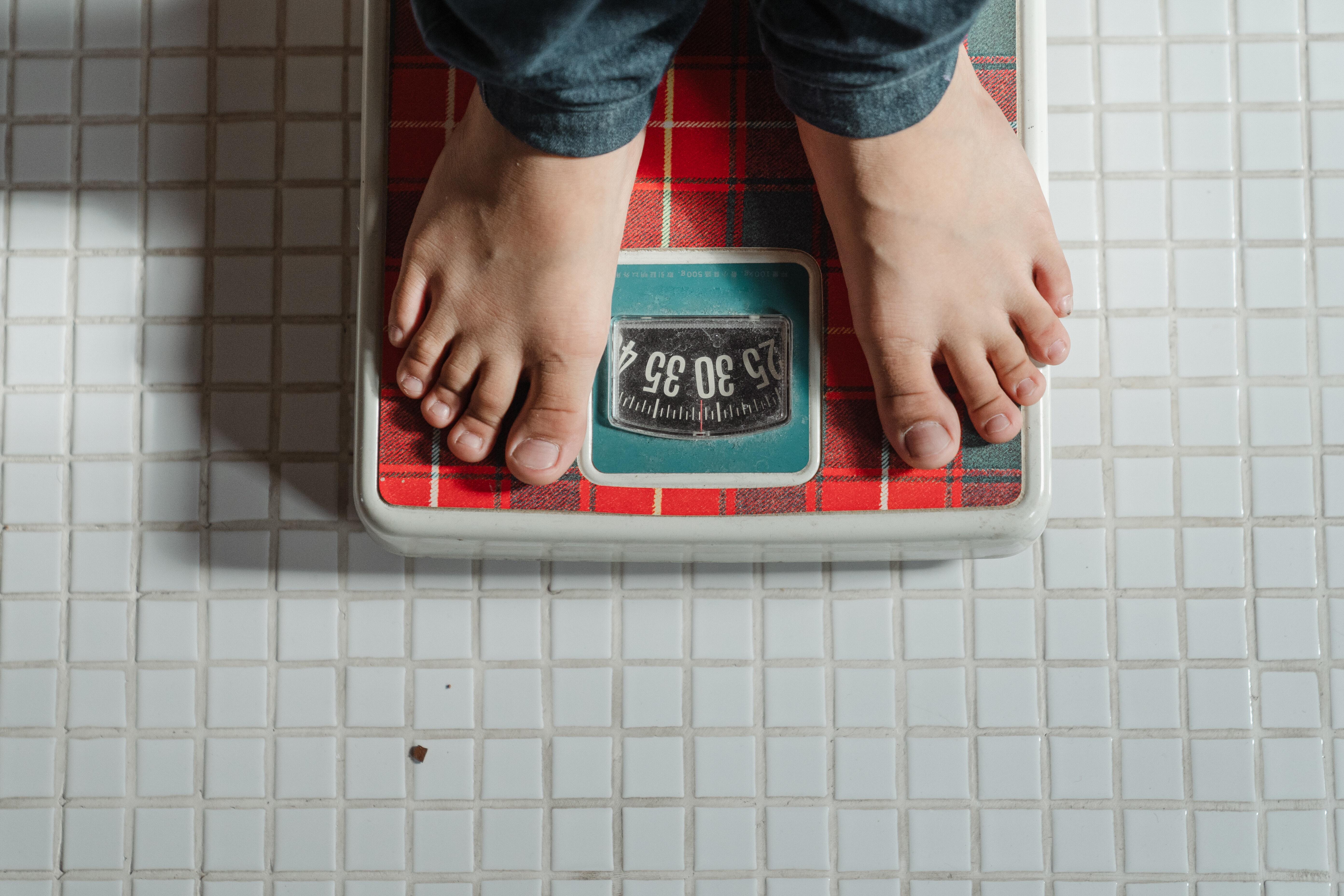
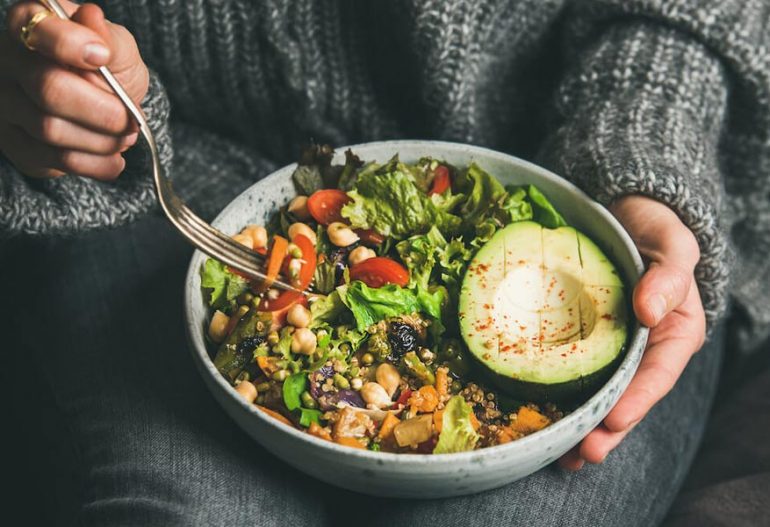
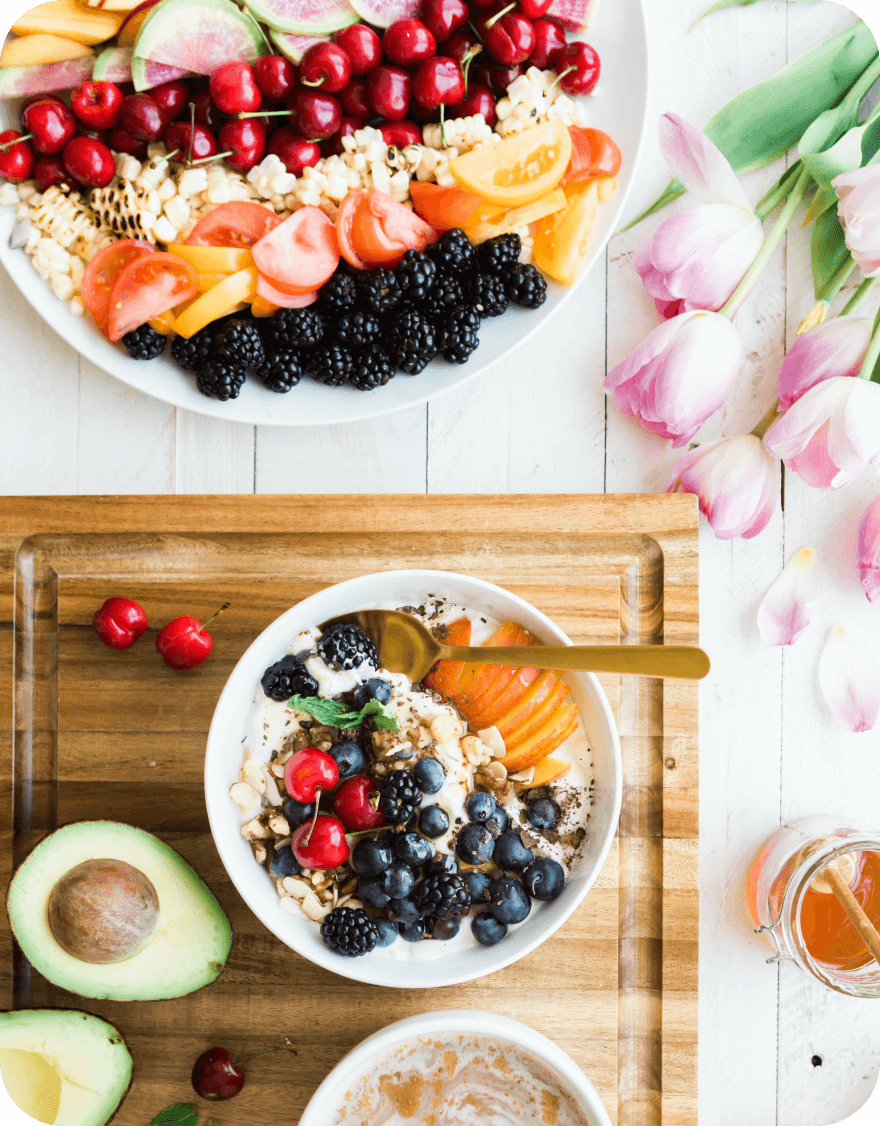


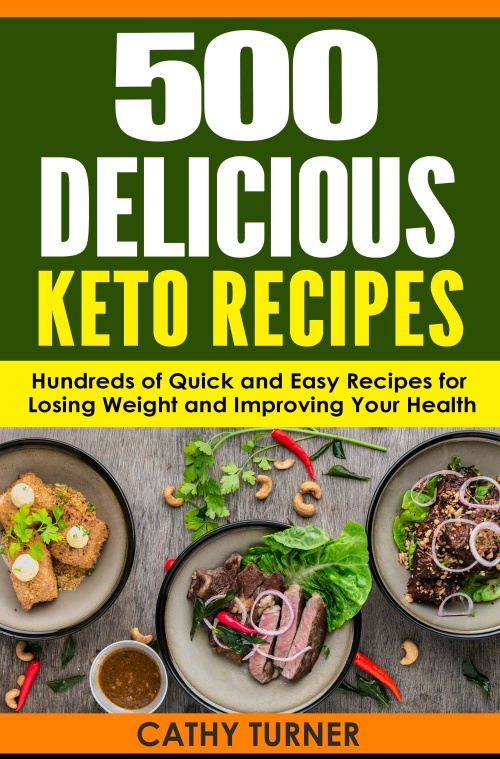

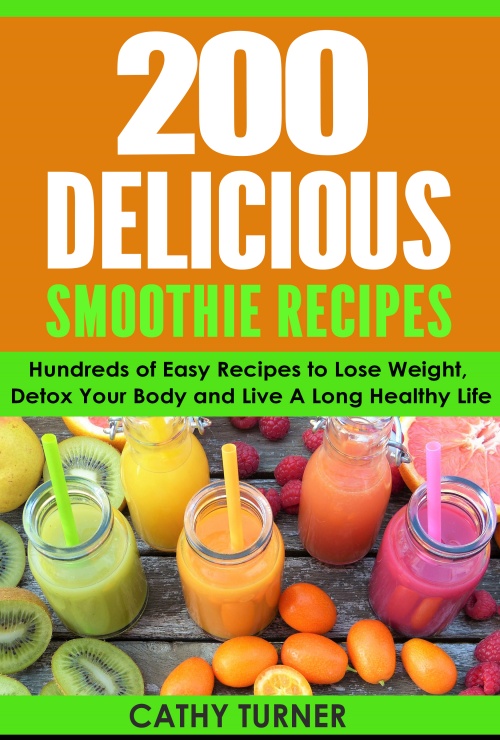


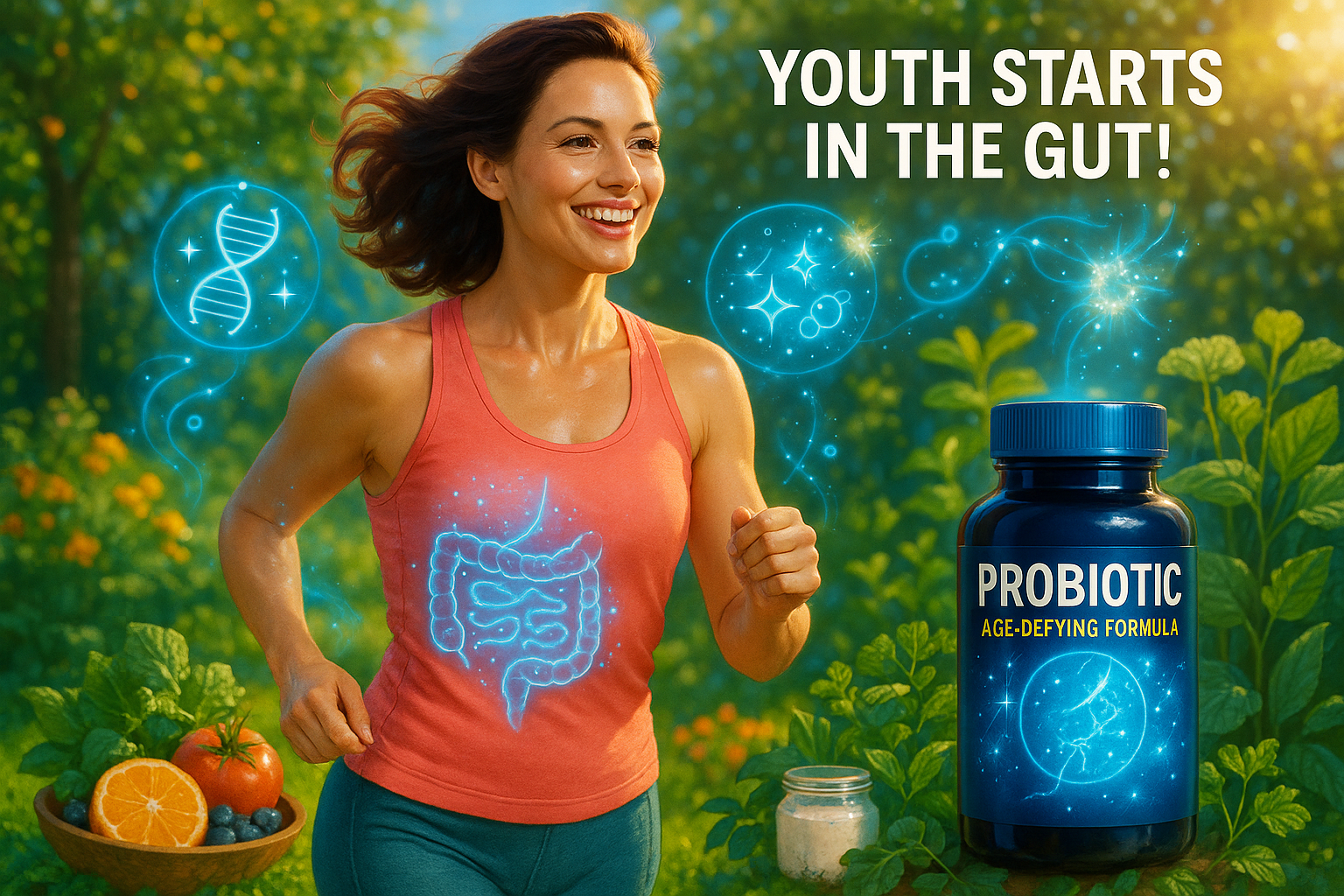
Comments
11 responses to “Unlocking Youthful Radiance: The Best Probiotics for Anti-Aging”
kamagra prix washington dc
acheter kamagra livraison de livraison
cheap enclomiphene generic low price
cheap enclomiphene usa online
ordering androxal cheap next day delivery
discount androxal generic when will be available
discount flexeril cyclobenzaprine generic equivalent buy
purchase flexeril cyclobenzaprine purchase singapore
order gabapentin generic from the uk
online order gabapentin overnight no rx
buy cheap fildena cost tablet
discount fildena usa generic
cheap itraconazole canada shipping
purchase itraconazole canada low cost
how to buy staxyn australia where to buy
ordering staxyn uk buy online
get avodart price in canada
cheapest buy avodart generic online pharmacy
purchase rifaximin usa buying
cheap rifaximin generic work
kamagra online bez lékařského předpisu
kupte si kamagra bez lékařského předpisu a dopravte jej přes noc